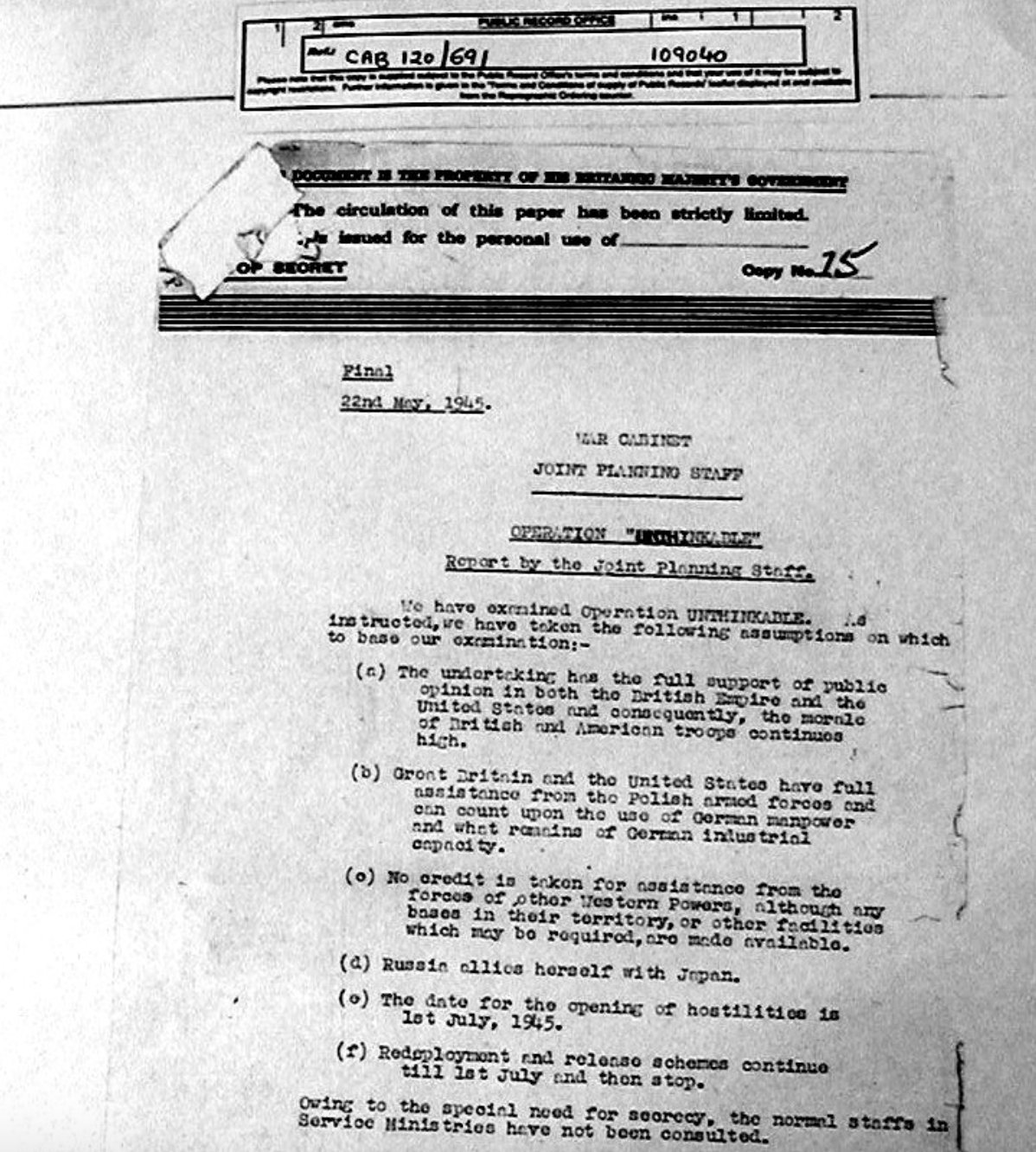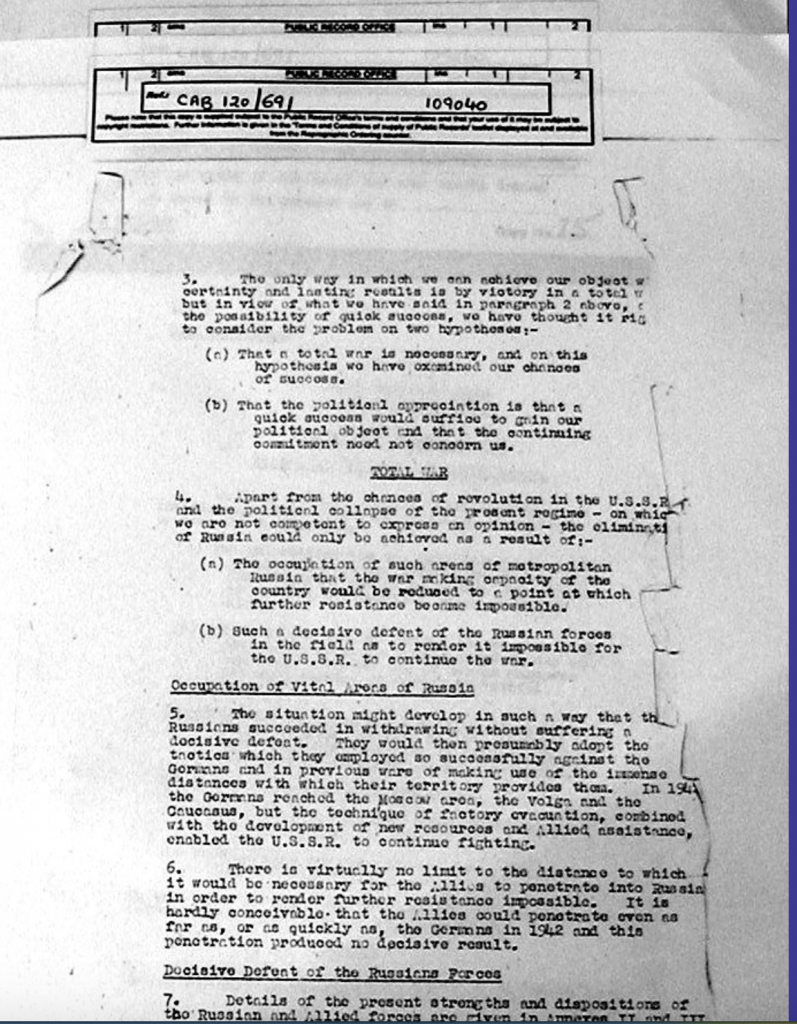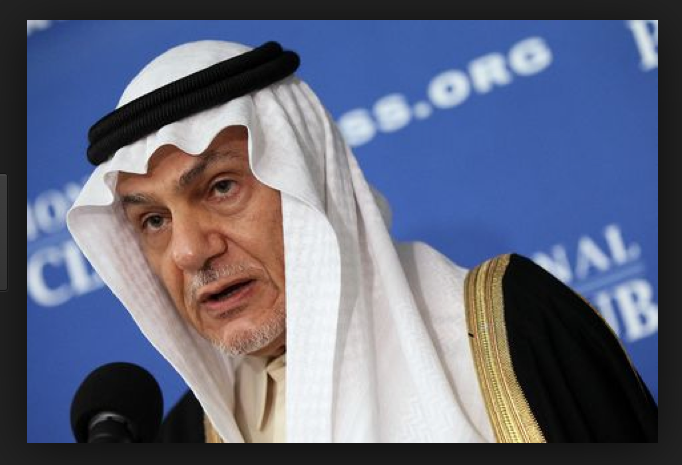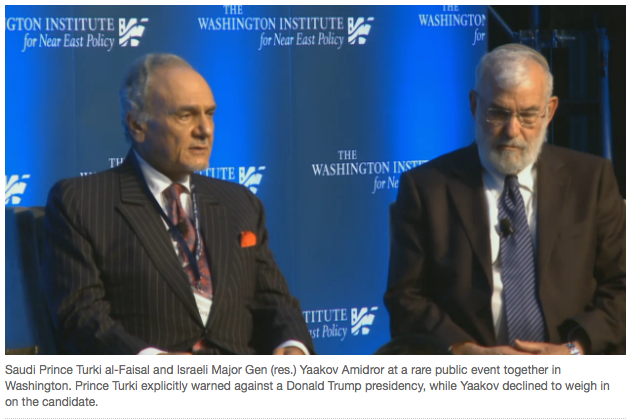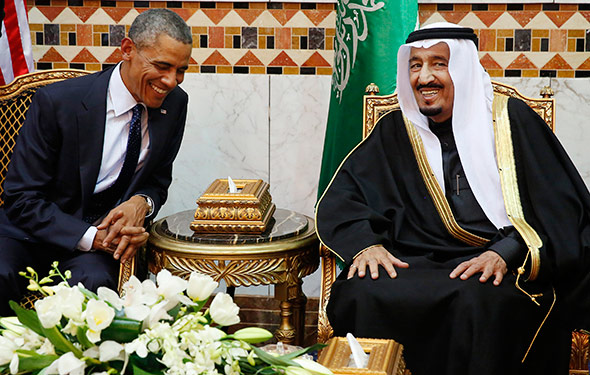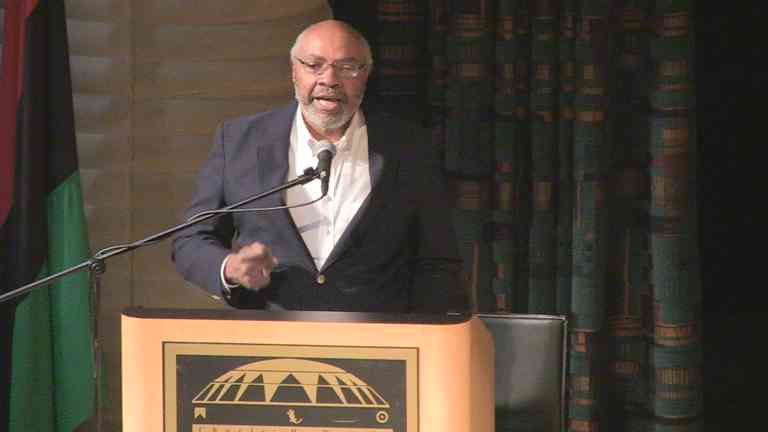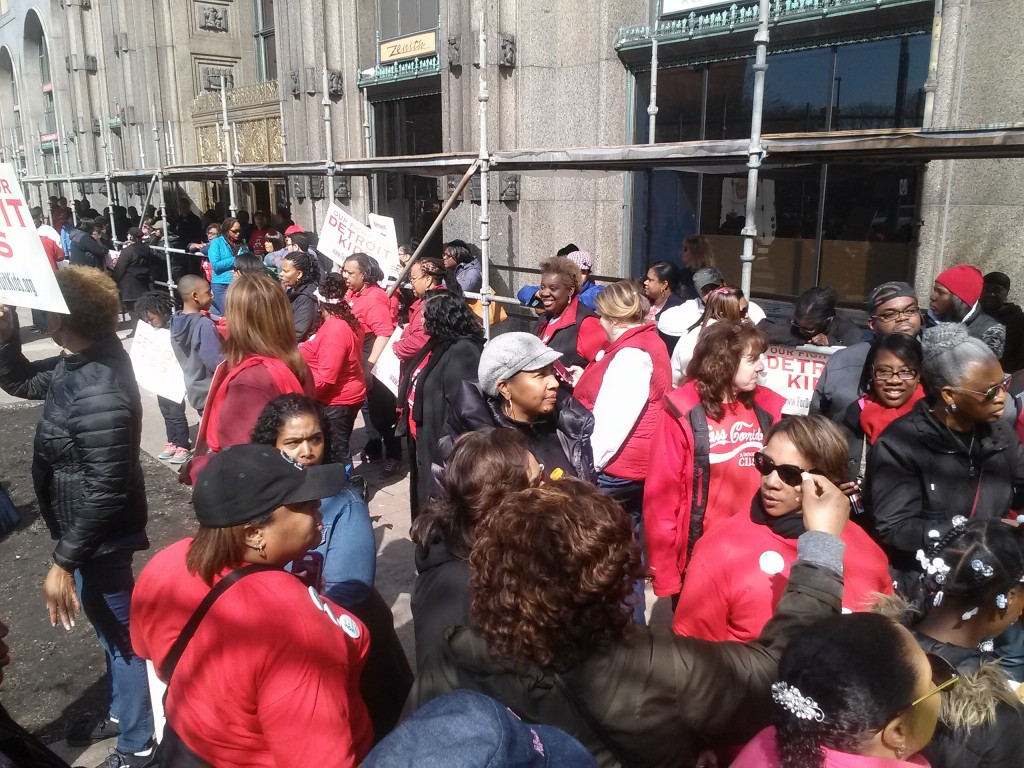What is the worth of a Nigerian life? This is a vital question that the Nigerian army and government will have to answer in view of the mass murder of Nigerians, who are supporters and members of the Ibrahim El Zakzakky-led Islamic Movement of Nigeria (IMN) based in Zaria, Kaduna State. The Judicial Commission of Inquiry set up by the Kaduna State government to probe the Zaria events, rather than provide soft-landing for the government and the military has brought the cruel nature of armed forces and the Nigerian state to the fore.
Between December 12 and 14, 2015, hundreds of members of IMN, which belongs to the Shia tendency in Muslim family, were summarily and extra-judicially murdered by the Nigerian army under the direct order of the army chief, General Tukur Buratai. Several hundred others were brutalized, many with serious bullet wounds; while according to the government sources, close to 200 persons are being detained and/or arraigned for sundry offences. The head of IMN, El Zakzakky, who was brutally injured according to his counsel, and his equally wounded wife, Zeenat, are under illegal army/police detention.
According to Kaduna State government officials, around 347 corpses were summarily and secretly mass buried by the government, while the IMN has claimed that close to a thousand of its people are missing. Hospital sources likewise revealed that more than the reported 347 lives must have been lost. Video footages recorded by some IMN members show desperate soldiers running around the IMN buildings to shoot down any visible human. Yet, the army authorities claimed that just ‘few’ lives were lost. According to Amnesty International report, relying on interview with survivors of the mass purge, many wounded and trapped people in the IMN headquarters were burnt alive by soldiers (page 8, Nigeria: Unearthing the Truth, 2016). Clearly, those burnt are not part of the secretly buried 347.
The question then is; what grave offence did the IMN members, who are Nigerians like the soldiers, committed to have warranted this gruesome and extra-judicial murder? Even in war situation, women, children, and non-combatants should be protected. Meanwhile, the IMN was not known to be a terror group or advocate of terrorism, at least according to its official statements.
Orwellian Logic
According to popular narrative, the IMN members blocked a section of the Sokoto road which is adjacent to their headquarters, in an attempt to secure a section of the road for their religious activity. However, the convoy of the army chief of staff, General Tukur Buratai ran into the roadblock, and attempted to wade through the procession of the Shiites. This led to disagreement as the Shiites insisted that the army convoy should pass through another route. In the ensuing agitation, the army gunned down about dozen people, and dispersed the IMN parade. Not satisfied, several army forces, fully armed to the teeth, descended on the IMN secretariat, housing the IMN leader, El Zakzakky. In two days, from 12-14 December, 2015, several hundreds of IMN members were murdered and wounded, while buildings of the IMN, aside its cemetery, were burnt and demolished.
The army, in its defensive propaganda statements, claimed that the IMN members were armed to the teeth and planned to kill the army chief of staff. This is aimed at justifying the mass murder of the Shiites. In fact, at the Probe Panel set up by the Kaduna State government, the army spokesperson portrayed IMN members as terrorists. This seems to be an Orwellian logic where the criminal turns to the victim. Otherwise, how can one explain that the army, which killed hundreds of citizens in a gruesome manner, will turn around to tag their victims, murderous militia? However, no amount of justification, twisted logic or misrepresentation by the army and the government can justify the massacre of hundreds of citizens. Rather, these falsehoods will further show the repressive and neo-colonial character of the Nigerian army.
Religion and Public space
Without mincing words, blocking of public road for days and creating avoidable discomfort for other citizens under the guise of observing religious rites is wrong and unacceptable. The Shiites’ use and display of some harmful tools and weapons like batons, knives and machetes, which threaten public peace, but obviously in self-defence of the Shiites, is also not justifiable. But tell me, which religious group has not constituted or is not constituting public disturbance. On the basis of the false belief that ‘spiritual’ message is superior to human activity and reasoning, various religious sects have turned our roads into their properties, while millions of man-hour are lost to religious control of public space. Virtually every month, Lagos-Ibadan expressway, a major road for the country, becomes virtually impassable due to religious activities of different sorts along the road. Should we mention the unsolicited public noise and nuisance?
Even in the north, religious activities not only constitute public disturbance but also force people of other beliefs and sects to abide by injunctions and directive of others. There have been conflicts associated with non-Muslims passing through public place occupied by Muslims during their religious activities. Enforcement of Sharia law in many northern states, despite the fact that there are significant religious minorities, shows how religion and political authorities use might, either subtly or directly, to enforce their activities on the society and take public space.
In nearly none of these scenarios were security agents drafted to mass murder citizens. In many instances, ruling politicians and government officials support and play active roles in many religious activities that impinge on people’s right to public places. This is because politicians, with no popular base due to their pro-rich, anti-poor character and philosophy, usually rely on religious and ethnic bases to guarantee their continuous presence on the political scene. Therefore, they are comfortable with using religion to further their politics. At such point, they care no hoot if religious activities constitute social disturbance. Contrarily, the security operatives will be on hand to physically crush anyone who stands in the way of politicians’ convoy. Some few years back, tens of lives were lost at a church convention in southeastern Nigeria when two contending politicians attended the event.
IMN’s Ideological Root
The Shiites possibly became victim of state repression because they are independent of the mainstream political class in the north. The Shiites, on the basis of age-long rivalry with Sunnis, are seen as enemy by the Sunni authorities who control majority of Muslims in the north, nay Nigeria. Islamic Movement of Nigeria (IMN) itself intends, just like many Political Islamist groups, to establish an Islamic state. But unlike majority of violent rightwing Islamist groups seeking to establish an Islamic state through violence and terror, IMN wants to establish a Shiite Islamic state in the image of the Iran state. This difference is very important. Iran theocratic state was formed out of the crucible of the revolt in 1979 against the Muhammed Reza Sha regime, a pro-imperialist, corrupt and repressive regime. The revolution that started as mass movement of workers against Sha was hijacked by the Islamic organization led by Ayatollah Khomeini. This was made possible by the treacherous role of the Communist Tudeh Party and Fedayeen in Iran, which subscribe to the false theory of two-stage revolution.
This is a theory that propound that revolting mass of working people will first have to hand over power to a so-called ‘progressive’ section of the capitalist class, in the Iran’s case, the capitalist Islamic clerics, who will carry out a democratic revolution before working people can have a second revolution to bring about socialism. This false theory has meant that leadership of working class movement, handing revolutions over to various sections of capitalist class, who are only opposed to their colleagues in power on the basis of who and how to run the exploitative system. This method had ruined many revolutionary movements and set the society back. This was what happened in Iran. The communist party, at a period of revolutionary fervor of the working masses against poverty, corruption and repression under Reza Sha, handed over power to the Islamic clergy, which lost huge landed properties under the Sha’s rule. This led to the emergence in 1980 of a theocratic state under the direction of Khomeini. What was actually needed was a revolutionary leadership that would link the democratic programmes denied under Reza Sha with economic transformation towards socialism, with full democratic participation of working people. The leadership of Tudeh and Fadeyeen, on the contrary, betrayed the revolutions. Khomeini subsequently purged the political space of radical leftist and communist influences.
However, the Iranian revolution, like other revolutions evoked mass enthusiasm among young people throughout the world. It was in this period that Ibrahim El Zakzakky, then prominent student leader formed his organization. Zakzakky perhaps wants to create Islamic state by playing prominent role in the anti-establishment movement and build followership, in the same manner as Khomeini.
North’s Religious Authority
The Zakzakky-led group by this condition is a thorn in the flesh of majority Sunni authority in the northern Nigeria. The religious authority in the north, also serve to a large extent as the traditional authority from which the political authority was dependent and allied. Therefore, an opposition to the traditional cum religious authority in the north is more or less an opposition to the state. While the traditional and religious authority supported the military rule, El Zakzakky opposed the military rule, especially the Abacha junta that clamped him into detention for months. Traditional and religious authorities support various sections of the ruling elites in the country, while the El Zakzakky Shiite group opposes or remains indifferent to most ruling elites. Of course, El Zakzakky’s opposition to various sections of the ruling elites may be rooted in religious differences albeit laced with socio-economic rhetoric, the fact that a minority group is opposed, possibly consistently to political and traditional authorities in the north, poses serious danger for the continued rule of the corruption-ridden political and traditional authority in the north and the country.
Covering up the Massacre
The military and the Nigerian state can thus bank on this support from the religious and traditional authorities to wish away the horror they wrought on citizens. However, they have to strenuously cover their tracks. This is what the military and the Nigerian state has been trying to do since the December 12-14, 2015 massacre. Few days after the massacre, the military destroyed all buildings and cleared off headquarter of IMN in Hussainiyyah and El Zakzakky house at Gyallesu, including several dead bodies shot dead and burnt therein,. By this, the military deliberately destroyed vital evidences that could have indicted it. Also, in the wee hours of 14 December, 2015, barely few hours after the mass murder, the military in conjunction with Kaduna State government mass buried 347 (three hundred and forty seven) dead bodies at a location in Zaria town. Even after the state government was forced by previous revelations from hospital sources to reveal the secret burial, the military authority still denied this, claiming “only few bodies” were buried.
In a ridiculous manner, the military authority, even before the brim of flame at Hussainiyya and Gyallesu could die down, petitioned National Human Rights Commission, alleging attempted murder of Chief of Army Staff, General Buratai by IMN members. According to reports, including that of the military, few IMN members were only with dagger, knives and swords during the procession, which though was wrong and unlawful, but obviously was for self defence, and was already with the Shiites before the soldiers arrived the scene. How can military, whose foot soldiers were armed to the teeth, claim that few barely armed IMN members tried to kill its chief?
Agreed that the IMN’s monopolizing of public road was wrong; could the army not have invited the police, whose jurisdiction fall within civil security, to resolve the issue, instead of gunning down citizens just to protect already battered ego of the army? Why did the army, which had earlier killed over 40 Shiites in July 2014, not exercise restraint knowing that emotion of Shiites would run high? Why did the army go ahead, after committing extra-judicial killing at the procession, to kill hundreds of persons not only at the Hussainiyya but also at the Zakzakky building in Gyallesu? Is the right to life not part of military rule of engagement? Even in war situation, the combat soldiers are expected to safeguard lives of the weak including women, children, the old, and even the unarmed. From the gruesome manner the military carried out the massacre, coupled with the clinical manner of covering up the massacre, it is glaring the massacre is premeditated.
Police’s Horrible Conduct
The police authority that was not involved in the matter by the army was quick to arraign about 200 IMN members and supporters for various offences including criminal conspiracy, attempted homicide, etc. How did the police arrive at the conclusion that led to the arraignment of IMN members for these crimes, when it has yet to conduct any serious investigation, other than report from the army and the state government? Interestingly, the police that was quick to detain and arraign IMN members for criminal offenses is yet to hold any soldier responsible for the mass murder of hundreds of IMN members. The same police authority has not till date probed nor prosecuted a single soldier for the killing of Shiites in late 2014 by the same army, despite promises that the culprits will be punished. Yet, the police authority was quick to compare the IMN with Boko Haram even when the IMN was itself a victim of Boko Haram terror in Kano on 27 November 2015 where 20 of its members were killed in bomb blast.
Unlike Boko Haram, IMN was not known to be a terroristic organization. In late 2014, its members protected Christians against Boko Haram attack. Even when its members were killed in 2014 and 2015, it has limited its protests to civil activities including press campaign, rallies, protest marches, petitions, etc. The groups had consistently distanced itself from violent action ever since the latest mass murder occurred. Therefore, the police authority attempt to join IMN with Boko Haram is aimed at whitewashing army’s heinous record. The police and the Department of State Security (the repressive and undemocratic secret security outfit set up under military rule to crush opposition to the military) further claimed that the IMN members are lawless and that they constituted themselves into a state within a state. But is it not funny that that the same security agencies that were quick to kill peaceful protesters would claim it has no capacity to apprehend IMN members who acted unlawful? Why would the police and DSS wait until hundreds of IMN members were killed before realizing that they were lawless?
Trail of Blood
The gruesome actions of the army follow known murderous pattern of Nigerian military. This is not the first time that the army will be carrying out extra-judicial murder. Beside the 40 Shiites killed in 2014 by the army, scores of pro-Biafra protesters were killed and wounded by soldiers during their protests between December 2015 and March 2016. In fact, some pro-Biafra groups claimed that the army is secretly killing and arresting scores of suspected pro-Biafra members.
Moreover, the various extra-judicial killings by the military under the guise of fighting Boko Haram has not been investigated neither are the perpetrators brought to book. For instance, the extra-judicial mass killing of hundreds of citizens, mostly detainees, by soldiers following Boko Haram attack on Giwa Barrack in Maiduguri, Borno State on 14 March, 2014 is swept under the carpet. According to Amnesty International, several hundred innocent citizens were killed by both Boko Haram and the military in 2014. The Jonathan government, whose administration has been fingered in massive arms deal fraud, covered up many of these atrocities. Unfortunately, the Buhari administration, since emergence a year ago, has not deemed it fit to open many of these cases, despite their gruesomeness. According to the latest report from Amnesty International, over 150 detainees, including women and children have died in the Giwa Barrack detention centre this year due to hunger, gun wounds and diseases. In fact, since the emergence of the military rule, the armed and security forces have wasted tens of thousands of lives in its quest to project its ego, and serve the interests of corrupt Nigerian government and oil corporations. From Odi to Zaki Biam, Jos, Warri, Borno (2009), etc., Nigerian military has blood in its hands.
The underlining basis for the military acting like an occupation force is premised on its neo-colonial, pro-ruling class and undemocratic nature. Nigerian military, since its formation by the colonial master for the defence of colonial local and foreign interests, has not fundamentally departed from this orientation even after the end of colonial rule. It has transformed from defending colonial interests to defending the interests of various sections of capitalist political class. Therefore, the military in any engagement will be prepared to defend the interests of its overlords in the political and imperialist camps, even if involves killings hundreds of citizens.
This is made worse by the undemocratic nature of running the military, where the rank and file soldiers have no democratic input into decision making process in the military, even on their welfare issues. Aside answerable only to the commander-in-chief, there is no public democratic control over the military and the armed forces. This means that if a senior military officer, acting under ethno-religious or pecuniary influences, takes a deadly decision, such will have to be abided with by juniors. There are reported cases of compromised commanding officers cornering money meant for materials and upkeep of rank and file soldiers in the Boko Haram fight thus sacrificing lives of foot soldiers. In one instance, rank and file soldiers had to mutiny against their commanding officer, after his order led to mass killing of soldiers by Boko Haram. The diversion of billions of dollars meant for the fight against Boko Haram by elements in Goodluck Jonathan administration shows how corrupt and undemocratic the political and military structure are.
Only when we have a genuinely revolutionary working people’s government, which basis of existence is the defence of the welfare, democratic and long term interests of the working and oppressed majority, can we have a genuine pro-people, democratic and revolutionary armed forces. Such armed forces, aside being put under the democratic control of rank and file officers – without necessarily encouraging indiscipline – and society at large, will also play vital role in socio-economic and political development. The current neo-colonial, backward and pro-rich armed forces is only representing the backward, neo-colonial, primitive capitalist system we have in Nigeria. The mass murder of Shiites, among other massacres, clearly underscores this.
Governments’ dubious responses
The responses of the Nigerian state have also shown that Nigerian governments do not care a hoot for lives of their citizens, inasmuch as their interest to continue to rule is guaranteed. Based on the much touted ‘Change’ mantra, one would have expected a different approach by the Buhari administration. But it seems people are expecting too much ‘Change’. Government’s deliberate passivity towards the massacre of Shiites betrays its complicity. President Muhammadu Buhari, when asked during last edition of Presidential Chat about the Shiites’ issue, only wished it away, claiming that the Kaduna State government has already set up a probe panel. Yet, the state government has no enough capacity to fully investigate this massacre or prosecute the dramatis personae involved especially the military, as it does not control any security and intelligence structure. This is clearly an attempt to defray public outcry against the mass murder.
The Kaduna State government is also dubiously trying to justify the massacre. Immediately the carnage occurred, the state government placed the blame at the doorstep of Islamic Movement of Nigeria, but refused to condemn the army for the killing. Of course, the government later set up a Judicial Commission of Inquiry in January, 2016 to probe the issue. While some revelations, which confirmed some aspects of Amnesty report has been made, it is clear the agenda for setting up the judicial commission was to provide alibi for the government’s endorsement of the mass murder. The same government that set up a commission of inquiry was helping military to cover up vital evidences should help expose the military. The government also provided moral support for the military in carrying out torture of those arrested, many of whom were wounded. A survivor named Nasiru, who spoke to Amnesty, was quoted thus:
I was outside the Hussainiya on Saturday afternoon when the soldiers started to shoot so I went to ground and as I was crawling a soldier grabbed me by the scruff of the neck and stabbed me with a knife below my left eye. It was a deep cut. I must have passed out briefly and he dragged me to the one of their trucks nearby. On the truck there were several bodies or injured people, I don’t know as nobody was moving. One soldier said ‘this guy is still alive’, and they grabbed me and opened my mouth and stuck an arrow down my throat through the back of my neck. I fainted. The following morning I was taken to the hospital. I don’t know how I got there but I was told that I spent the night in the morgue with the dead bodies but that in the morning someone noticed that my leg was twitching. The arrow was only removed nine days later because the doctors did not know how to go about it…
According to the Amnesty report, hospital officials claimed that the kind of wound of Nasiru was the pattern of those treated. Yet, the Kaduna State government, aside unilaterally and unjustly tagging these victims of military brutality as the culprit, went as far as helping to detain and arraign most of these people for criminal offences. Many of those arraigned have not recovered from the loss of loved ones and family members. In fact, one of the objectives of the commission is to “determine the evolution of the Islamic Movement in Nigeria, including its organization, structure and assets… and how these contributed to its engagement with… the security agencies”. This clearly shows the bias of the state government towards indicting the IMN. Can any genuine intention lie behind the setting of a commission of inquiry? The demand of the IMN that its leader be released in order to prepare its defence was not acceded to. Moreover, the IMN had alleged that some of those in the Commission are known opponents of Shiites and IMN. All of these the government and the Commission had deliberately wished away.
Repressive State
It is clear that the governments, both federal and Kaduna state, want to make a scapegoat of Shiites in order to send strong message to any other dissident or dissent voice that may want to oppose the government. In the last one year, about two thousand lives have been lost to extra-judicial killings and criminal negligence by security and armed forces under the Buhari government. All this shows government in disarray which is therefore afraid of opposition. The current Buhari government, which had some popular support at its inception, has not being able to and cannot resolve Nigeria’s socio-economic problems. This is a result of its adherence to the same neo-liberal capitalist orientation, nay its neo-colonial form, of the past that ensure wealth for the rich few, and impoverishment for the majority.
Inasmuch as the current economic maelstrom facing the country was not caused by the Buhari government, it has however gotten worse under its watch, with the government being lost on what to do. While the poor and the working people are made to bear the brunt of the economic crisis through unpaid salaries and pensions, hike in fuel price and electricity tariffs, retrenchment and ballooning unemployment, skyrocketing inflation, etc., the rich few in politics and big business continue to live in opulence. This kind of situation will surely sooner than later engender popular anger and opposition. Even in the north, there is growing anger against the prevailing situation. It is this fallout anger the government wants to avoid by allowing extra-judicial killings of Shiites and pro-Biafra protestors to be covered up. This is meant to send jitters to the spines of those who may want to oppose the government. The deliberately silence and passivity of the government towards the atrocities of herdsmen who are killing Nigerians in drove in the name of feeding cattle is also aimed at getting people divided and occupied.
Already in Kaduna State, the El Rufai government, fearful that religious activities may become a new centre of opposition, wants to castrate non-mainstream religious preachers and groups by enforcing a compulsory license for religious preachers. This means that groups that are not favoured by the state and pro-state mainstream religious authorities will be officially banned. Definitely, IMN will be a victim of this. While one will not support religious demagogy that unnecessarily exhorts spiritualism over reason, reality and science, it is ridiculous that the state government will think that its neo-fascist censoring of religious freedom, can curtail opposition.
Moreover, the government is trying to destroy trade unions by discouraging workers from joining unions and paying union dues. It is true that labour union, guaranteed regular check-off dues from members aside perks from the state, have become utterly irresponsive and passive to the welfare interests of workers and union members. However, the right to reform the union is that of workers. It is not the duty of the El Rufai government, which sole aim is to use the irresponsibility of labour leaders to further cripple the labour movement to reform unions. Nationally too, students are rising against worsening state of studying and living, with such protests being repressed by pro-state school authorities.
What the future holds
The massacre of Shiites points to the backwardness of Nigeria’s ruling elites. They never learn from their mistake because their pecuniary and short term interest always beclouds their sense of judgment. This was the same way Boko Haram terrorism was engendered when about a thousand of the sect members were murdered in cold blood by soldiers in 2009. The beheaded monster left by Muhammed Yussuf later grew into a wider, more vengeful and bloodthirsty terror gang that is still ravaging the country. Of course, the northern religious and political leaders are fretting on the possible fall out of the Shiite massacre; but they do not want justice to be done, in order to preserve their ego and authority.
On several occasions, IMN spokespersons have maintained that they will not take the road of violence. However, this does not guarantee that the massacre will not snowball into worse crisis in the short or long run. Firstly, it is not given that the rank and file members will fully abide by their leaders’ statements not to be vengeful. Secondly, there is the possibility of breakaway from the main IMN group by more radical or youthful layer. Also, the risk of other Shiite groups taking the issue beyond the IMN’s stand is a live question. More than this, other non-mainstream religious groups and angry youths, learning from the IMN experience, may build up armed militia or go violent against the state and its officials. On the other hand, if the military get away with these atrocities, it will embolden it to become more terroristic against the citizens, especially perceived opponents. This can only generate a cycle of violent crises.
Conclusion
The minimum the Nigerian state can do is to tender immediate apology to the Shiites; carry out genuine and democratic probe panel that comprise representatives of workers, communities, and Shiites, and those found culpable should be prosecuted. Moreover, government must reverse all repressive policies, against the Shiites and the working and poor people. All the arrested and detained members of IMN and IPOB and their leaders must be released. There must also be payment of hospital bills of those injured and compensation to affected people. The labour movement in Nigeria and genuine pro-democracy and pro-labour organizations must exert mass pressure to demand justice in this matter.
Conclusively, the rise in religious radicalism and revivalism in both Islam and Christianity reflects growing disillusion with the socio-economic and political situations of the country. People are worse off, yet there seems to be no genuine way out. This has fueled rise in frustration and religiosity. Only working class actions can resolve growing disillusion expressed in religious radicalism and revivalism. Nigeria’s labour movement needs to rally the working and poor people across the country towards mass struggle to resist all anti-poor economic and social policies being launched by capitalist ruling elites. More vital is the need for labour leadership to build alternative political platform with clear anti-capitalist, revolutionary socialist programmes that will liberate working and poor people from the poverty and misery. Convocation of a political summit of labour movement, pro-labour organizations, socialist and left groups, radical parties, etc. will be a good step in this direction.
Kola Ibrahim
Author of ‘Boko in Nigeria’ and ‘Revolutionary Pen’, is the Coordinator of Campaign for Democratic and Workers’ Rights (CDWR), Osun State, [email protected], 08059399178
Sources
- Nigeria: Unearthing the truth; unlawful killing and mass cover-up in Zaria, Amnesty International Report, 2016, Index: AFR 01/3883/2016, www.amnesty.org
- A Kaduna State Government Panel Tries to Unravel the Shiite/Army Clash, Thisday Newspaper, 24 April, 2016, www.thisdaylive.com
- Chilling Eyewitness Accounts of how soldiers killed Shiites Muslims in Zaria, December 25, 2015, www.abusidiqu.com
- Inquiry hearings into Nigerian military over Shiite killings finish, Deutsche Welle, 9/4/16
- Nigerian soldiers raped our women before killing them, January 6, 2016, NewsRescue, www.newsrescue.com
- We handed over few corpses…, April 26, 2016, NewsRescue, www,newsrescue.com
- Shiite movement denies kidnapping army colonel…, March, 28, 2016, Daily Post, www.daolipost.ng
- Boko Haram: Mutiny as soldiers shoot at commanding officer’s vehicle, Premium Times, May 14, 2014, Premium Times online newspaper, www.premiumtimesng.com
- 35 killed as soldiers, Islamic sect clash, 26 July, 2014, Vanguard Newspaper, www.vanguardngr.com
- El Rufai moves to regulate religious preaching in Kaduna, 22 February, 2016, Leadership newspaper, www.leadership.ng
- El Rufai, workers on collision course over union membership…, April7, 2016, Guardian newspaper, www.m.guardian.ng
- Kaduna govt. says 347 Shiites killed by Nigerian troops given secret mass burial, April 11, 2016, Premium Times online newspaper, www.premiumtimesng.com
- JCI: The Shiites made history defending churches from Boko Haram in Kaduna, April 24, 2016, www.ends.ng
- Shiites accuse military of killing its members in detention, January 3, 2016, Daily Post, www.dailypost.ng
- Shiites protest killing of members in Bauchi, Yobe, Kaduna, December 13, 2015, Vanguard newspaper, www.vanguardngr.com
- Sunrise Daily TV show, part 1 and 2, 17 December 2015 http://ynaija.com/weve-never-carried-arms-shiite-spokesperson-ibrahim-musaspeaks-on-army-attack-watch/
- Nine killed as pro-Biafra protests turn bloody, December 3, 2015, Vanguard newspaper
- Stop clampdown on pro-Biafra protesters, February 16, 2016, Vanguard newspaper
- Ten pro-Biafra protesters die in Aba, February 10, 2016, Nation newspaper
- Amnesty says Nigerian detainees dying in appalling conditions, May 10, 2016, Financial Times (London)
- Zaria Killings: NSCIA warns Nigerian govt., military against creating another Boko Haram insurgence, December 14, 2015, Premium Times online newspaper, www.premiumtimesng.com
[Note the part of the NSCIA statement on the killing: “while no group should be allowed to constitute law unto itself or arrogate unconstitutional powers to itself under any guise, the fact still remain that the position of the law is clear when there is any breach”. The same NSCIA – the leading Islamic pro-Sunni group in Nigeria – that was calling for a judicial probe was quick to agree that IMN constituted law unto itself, even when there are no independent prove of such.]
















 Instead of defending the US Navy, the cowardly US government was so scared of Israel that the President of the United States and the Admiral conducting the inquiry, Senator John McCain’s father, rushed to the defense of Israel and covered up the incident.
Instead of defending the US Navy, the cowardly US government was so scared of Israel that the President of the United States and the Admiral conducting the inquiry, Senator John McCain’s father, rushed to the defense of Israel and covered up the incident.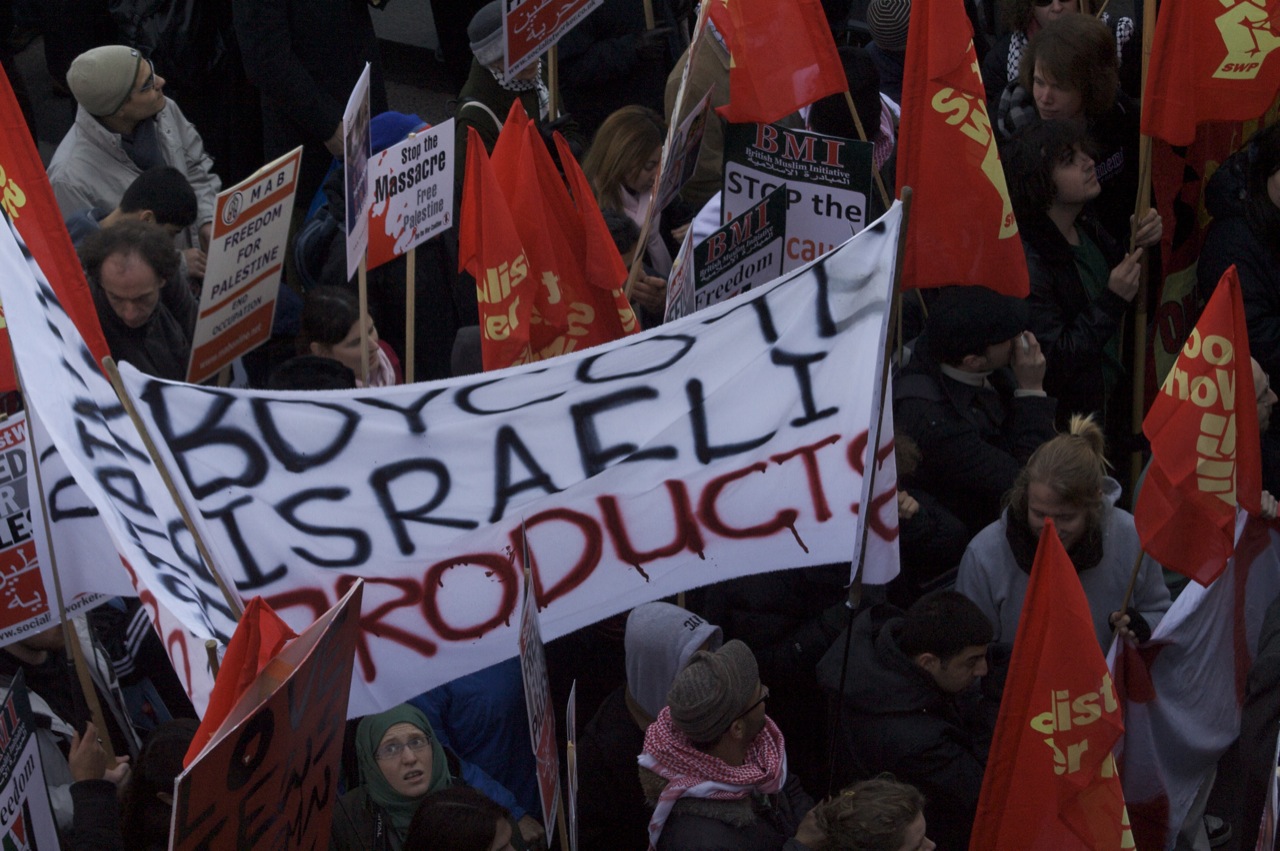
_-_01.jpg)

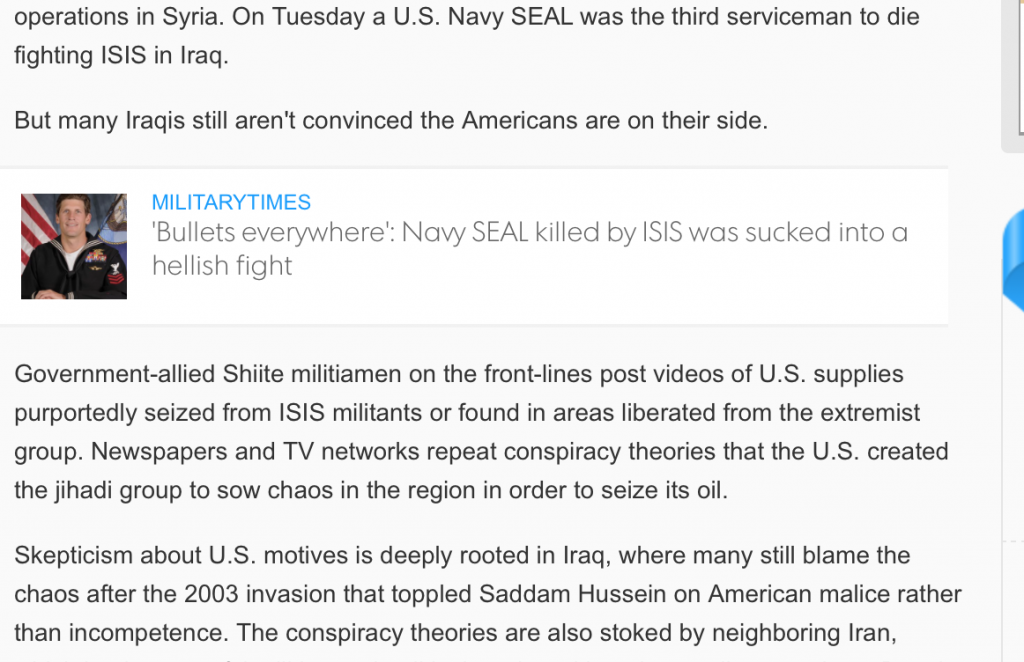

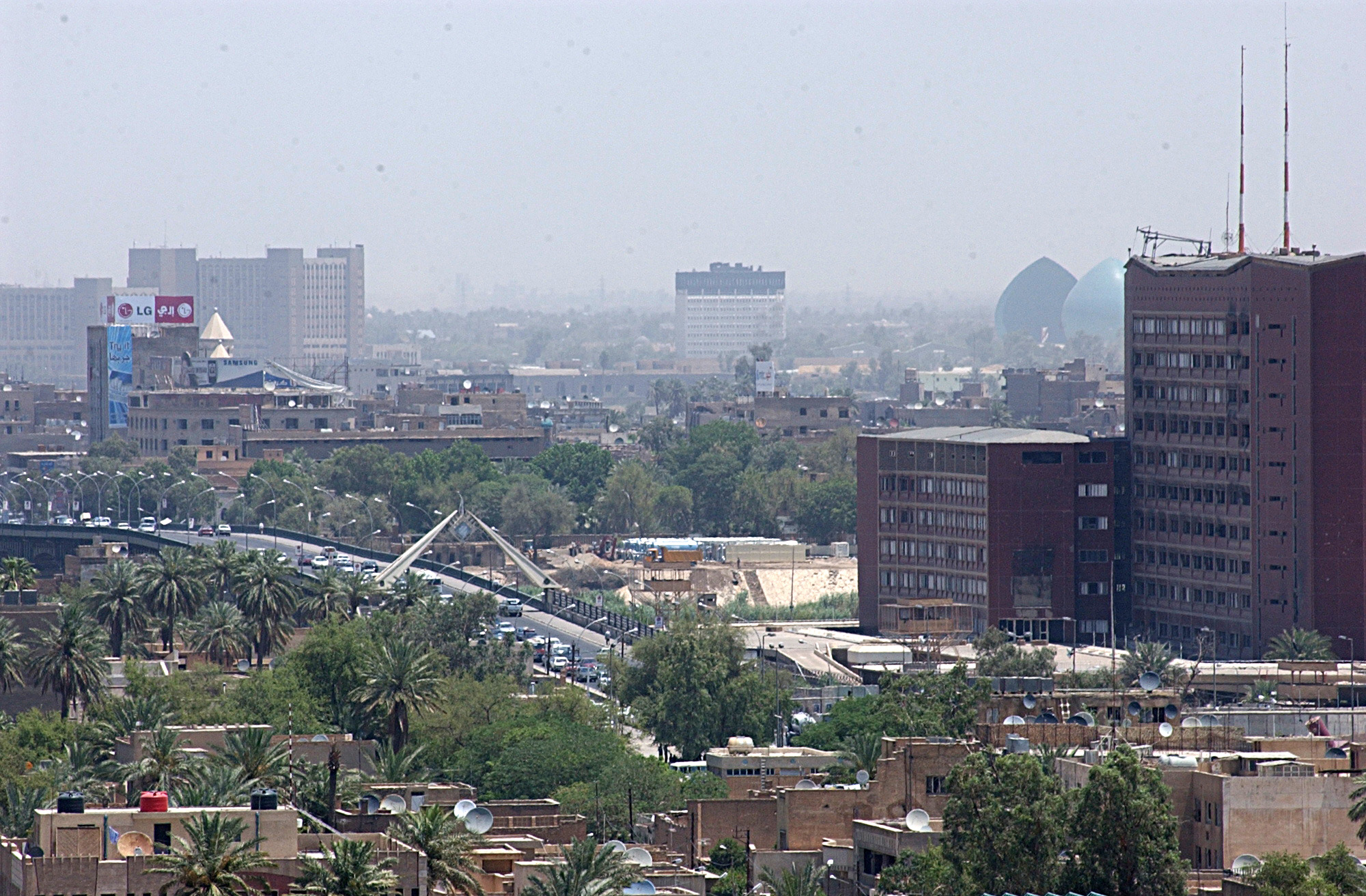

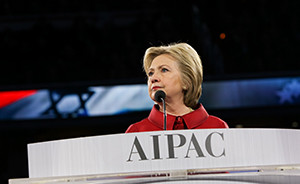
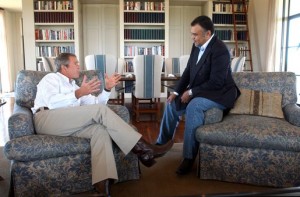

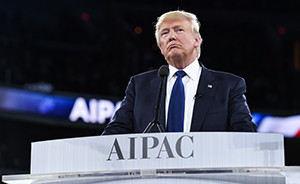
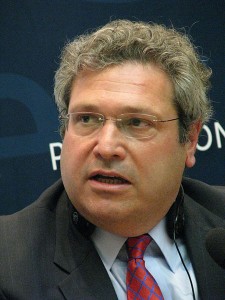




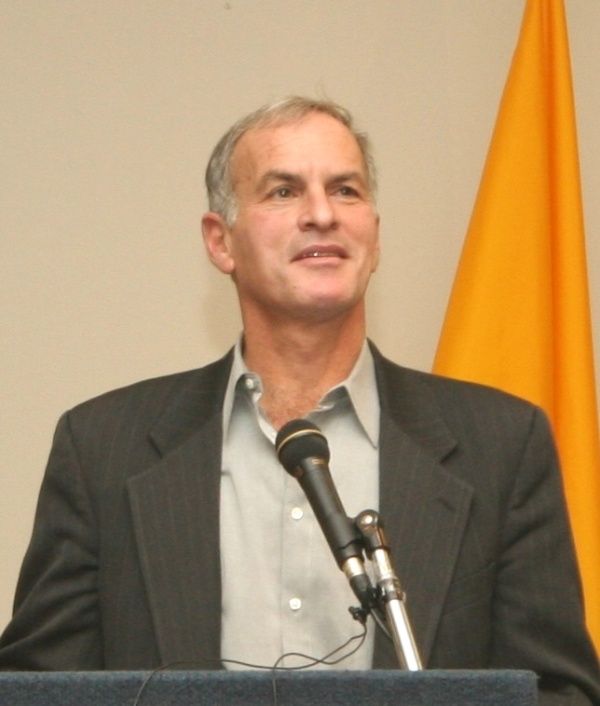




 Not so fast…
Not so fast…


.jpg)

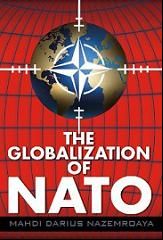


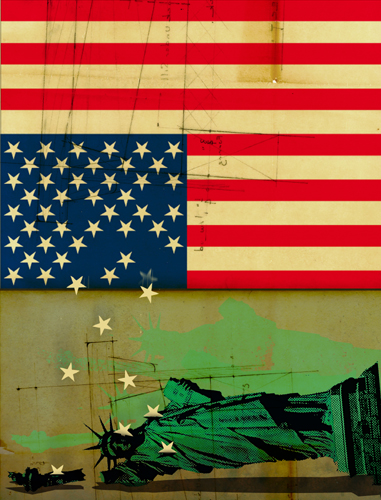
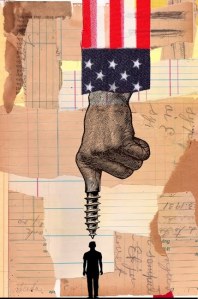





 Ninth Amendment
Ninth Amendment


